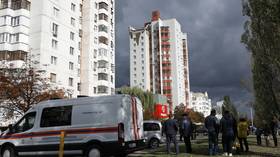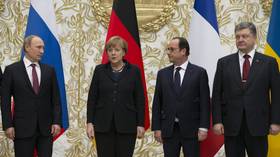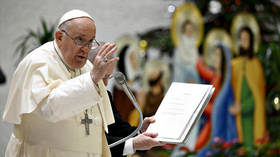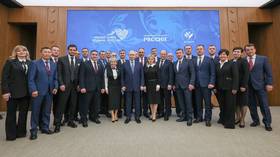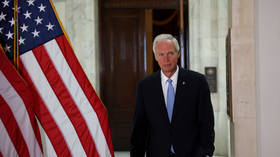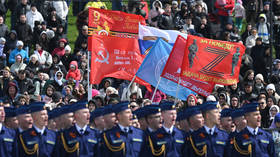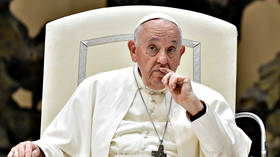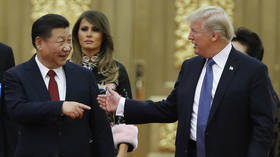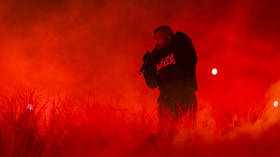Ukraine reveals origin of blood-soaked packages
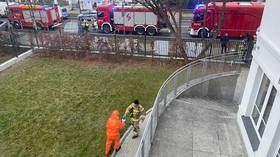
A Tesla dealership in Baden-Wurttemberg was used as the return address on the suspicious packages sent to dozens of Ukrainian diplomatic outposts across Europe over the past week, Foreign Minister Dmitry Kuleba wrote in a Facebook post on Wednesday.
While the diplomat did not clarify the exact contents of the grizzly packages, earlier media reports described them as foul-smelling blood-soaked packets containing animal eyes and other entrails. Kuleba called it a “well-planned campaign of terror and intimidation.”
The perpetrators were careful enough not to leave any DNA traces or other forensic evidence, Kuleba claimed, suggesting a “professional level of implementation.” Additionally, he observed, most of the post offices used to mail the parcels were not equipped with video surveillance technology.
In total, Ukrainian authorities reported 31 incidents in 15 countries, with the most recently-mailed packages received by the embassies in Italy, Romania, Poland, Portugal and Denmark, as well as the country’s consulate in Gdansk in Poland. While Poland received the most packages, and even the Vatican got one of the grisly items – there were notably none addressed to any Ukrainian facility in Germany.
Ukrainian diplomatic facilities have been “operating under heightened security measures” for the past week, Kuleba said, adding that diplomatic staff were working with pyrotechnicians and forensic experts while hinting at suspicion the incidents are linked to Ukraine’s ongoing conflict with Russia.
“I don’t remember any instance in history that so many embassies and consulates of one country have been subjected to such mass attacks in such a short period of time,” Kuleba wrote, adding that “No matter how hard the enemies try to intimidate Ukrainian diplomacy, they will not succeed.”
Kiev originally ordered its embassies to tighten security last Wednesday, after a letter containing “explosive material” was delivered to the Ukrainian mission in Madrid and allegedly detonated in the hands of an employee. Further suspicious packages were delivered to the US embassy in Madrid, Spain’s Defense Ministry, the residence of Spanish Prime Minister Pedro Sanchez, a satellite center at the Torrejon de Ardoz air base and the Instalaza arms factory in Zaragoza, which produces grenade launchers intended for Ukraine.
While Ukrainian Defense Minister Aleksey Reznikov blamed Russia for the spate of letter-bombs, Moscow denied the accusations and Spanish investigators have reportedly ruled out Russian involvement. Spanish authorities believe the letters were all sent by a single individual, and that the combustible material inside was of a kind commonly found in consumer fireworks.
